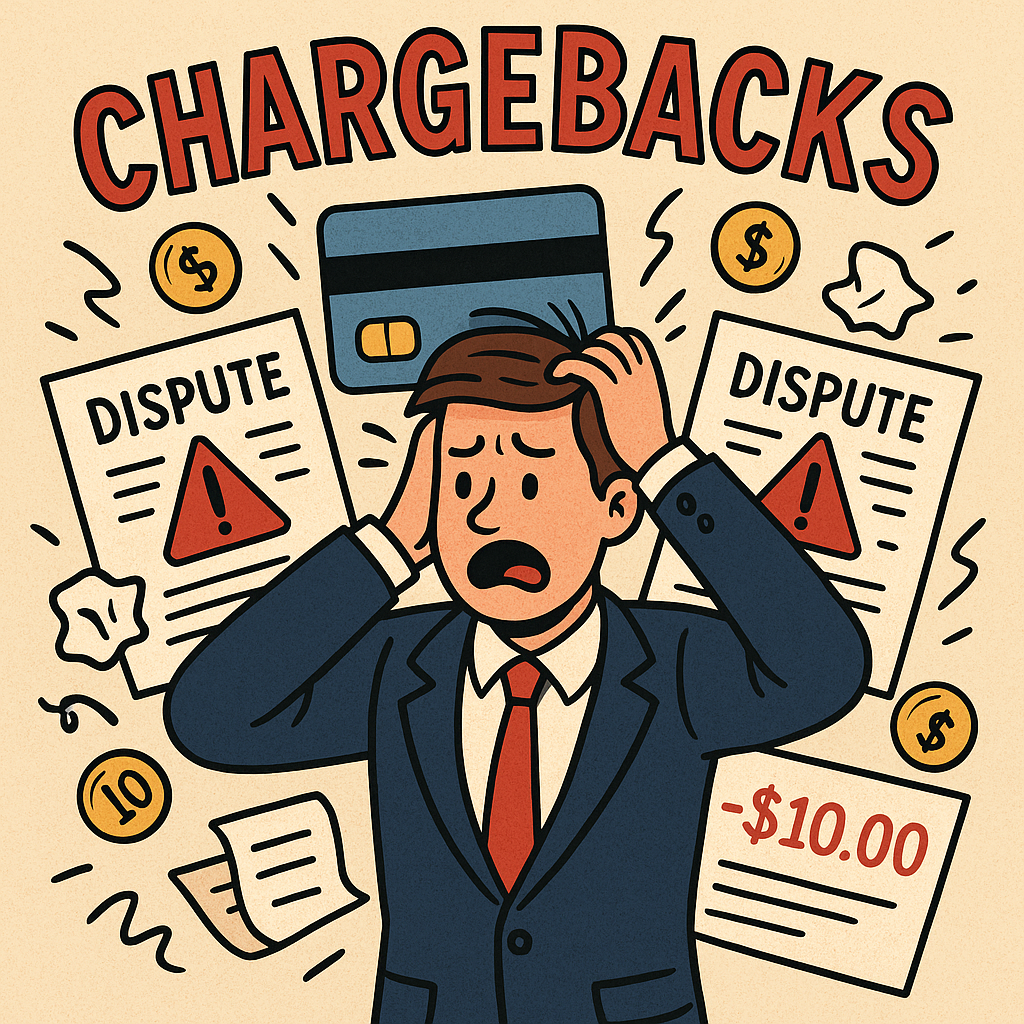What’s really going on here? Why do banks completely ignore the terms customers agreed to when they subscribed or in cases where they’re clearly making false claims?
Because they can. There’s no incentive to side with the merchant - from their perspective, “what are you gonna do, not accept cards from a certain issuer?”. I’ve thought in the past that it might be a numbers game - the real problem customers do it a lot and get caught. I don’t know if that’s true though, I suspect it’s got more to do with keeping penalty fees.
And why aren’t customers required to provide any proof at all?
Because that would mean the bank would have to verify the proof, and there are no consequences for not.
What actually prevents someone from using a SaaS product, filing chargebacks every time they cancel their subscription, and essentially getting refunded for the last several months of usage?
I can answer this one as a consumer, because I’ve reflected on it frequently while fighting disputes.
- not having energy
- forgetting when you do have energy
- not having time
- not wanting the confrontation
- thinking you won’t get a refund so it’s a waste of time you don’t have anyway
- illness
A lot of reasons can come up. It’s not really relevant though, I think card companies should spend the resources we do validating our evidence for chargebacks, but then they’d have to pay people to do that and they don’t keep the penalty fees. Big hit to their bottom line.
That bullet list describes so accurately so many things in my life.
Apple Card (or Goldman Sachs maybe) do require the customer to validate (I just went through like 6 chargebacks because a company continued to charge me $130 a month for something that I had cancelled 6 months ago when they raised prices without telling me). So it seems that stripe isn’t doing it, not banks in general.
Stripe simply passes through communications between merchants and banks, Stripe has nothing to do with deciding disputes. Source: I deal with this every weekday and sometimes on weekends.

